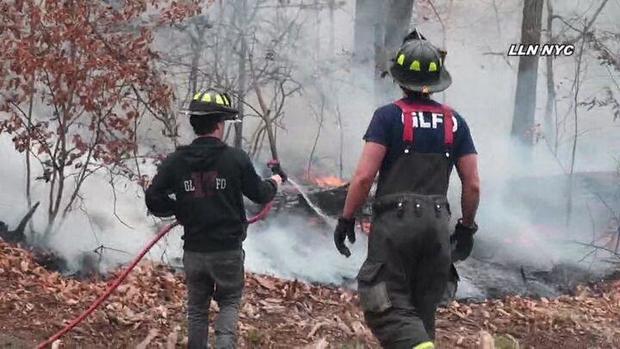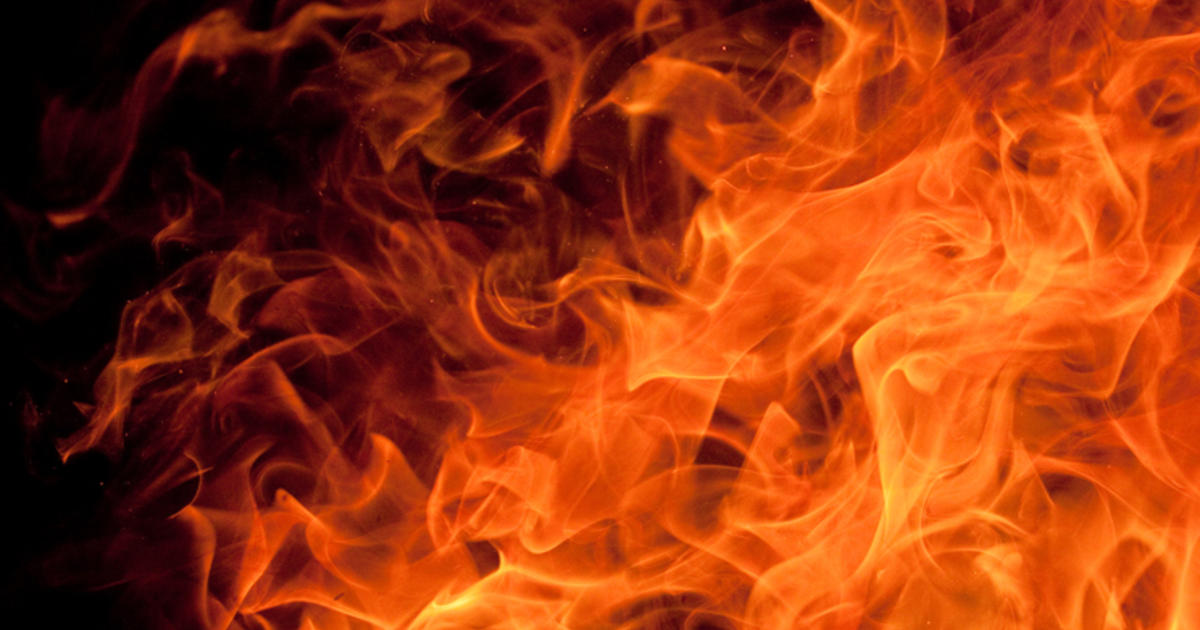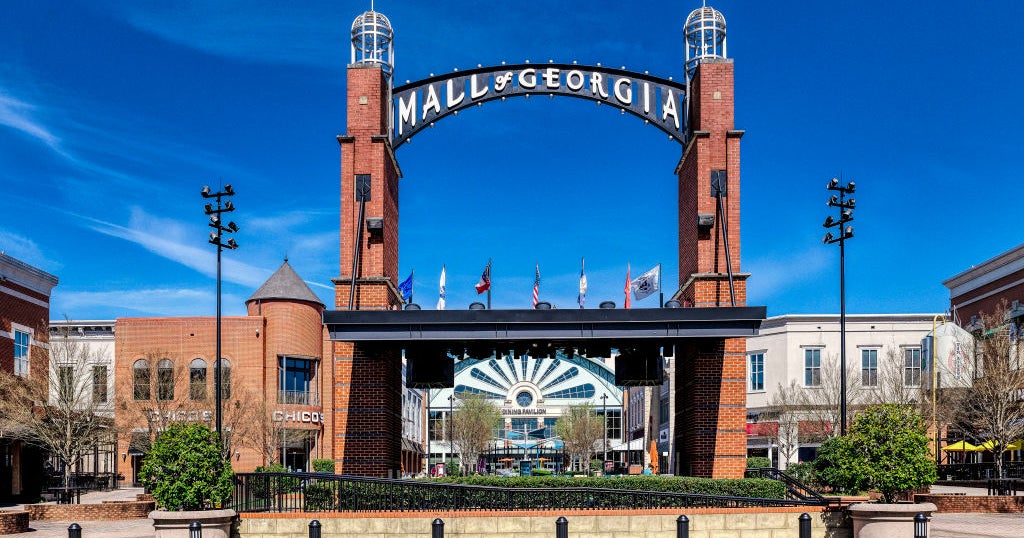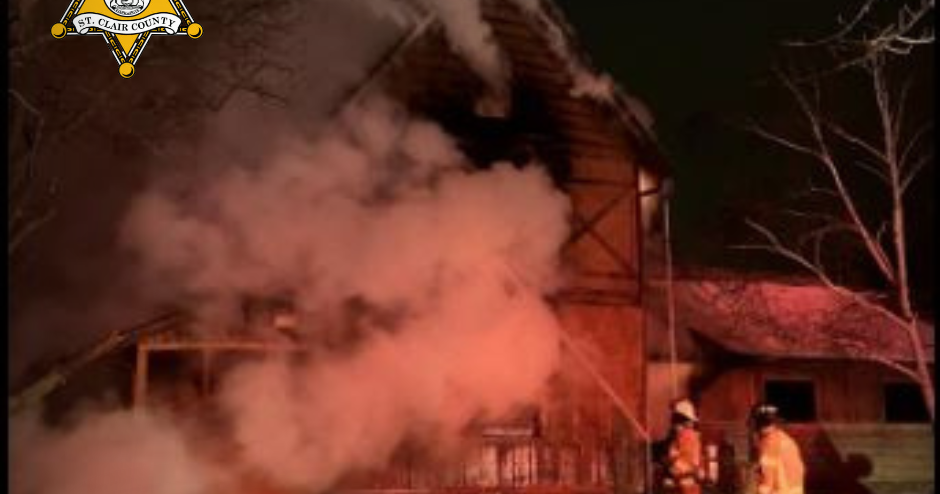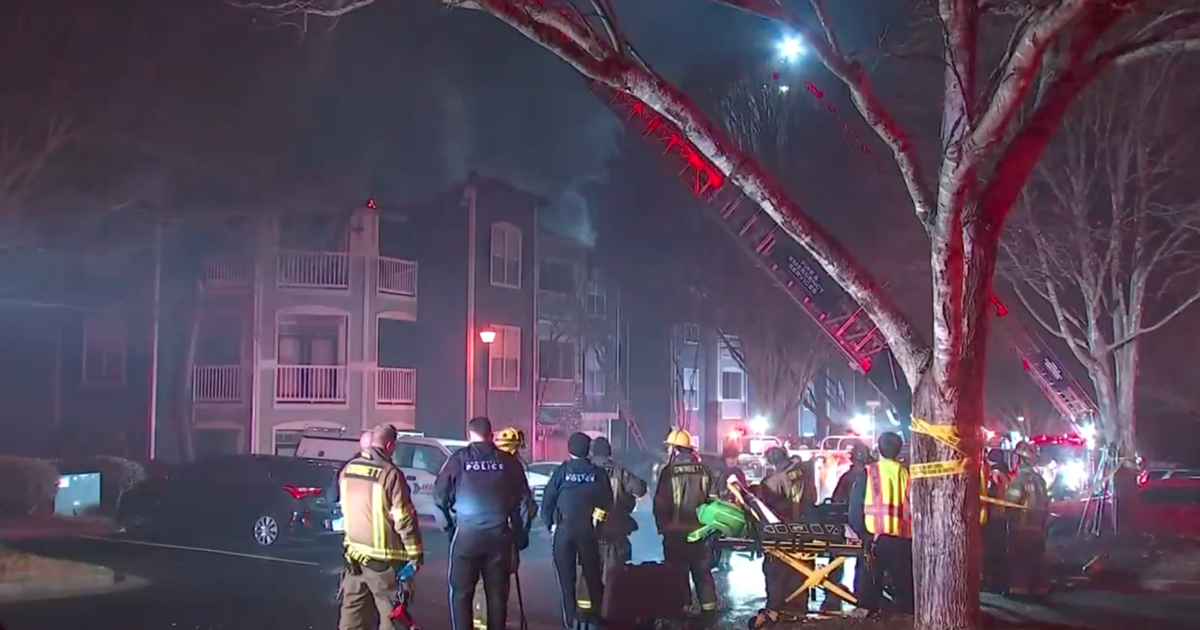Dariel Vasquez, killed battling wildfire near N.Y.-N.J. border, remembered as "young man full of promise, hope and dedication"
WEST MILFORD, N.J. -- More has been learned about the 18-year-old New York State Parks Department employee who was killed while fighting a wildfire in Passaic County, New Jersey, near the New York border, on Saturday.
According to the New Jersey Forest Fire Service, the Jennings Creek fire is burning in the area of Greenwood Lake Turnpike and East Shore Road in West Milford, as well in Orange County, New York. It is currently 10% contained.
Fire officials say Dariel Vasquez, a Parks and Recreation aid, was battling the blaze on the border of the states when he was killed by a falling tree.
New York Gov. Kathy Hochul released a statement on Vasquez's death, writing, in part, "My prayers go out to his family, friends and co-workers during this difficult time. I commend his dedication to serving and protecting his fellow New Yorkers, and his bravery on the front lines."
Dariel Vasquez lauded by local residents for his bravery
On a GoFundMe page, family members shared, "Dariel was a young man full of promise, hope, and dedication." They said he was a Ramapo High School senior and captain of the baseball team, adding he had big dreams and planned to start college in January.
"He's brave, that's for sure. I won't deny that. Here's a young man that's out there doing some really hard work. So I would definitely say New Jersey sends its condolences to his family," New Jersey Forest Fire Service Chief Bill Donnelly said.
"I just can't believe an 18-year-old kid would risk his life for our houses and everyone here, so, honestly, it was devastating to hear," Greenwood Lake, New York resident Rebecca Dykstra said.
Dykstra lives just miles from where the fire is burning. Her wife, a firefighter with the Greenwood Lake Fire Department, was on duty near Vasquez when he was killed.
"Her squad was the one like to go to the scene. She's pretty scarred about it," Dykstra said.
Dykstra said she is now deciding whether or not to evacuate.
"Police knocked on our door maybe an hour or two ago and just said if you guys want to get a bag ready and maybe if you have somewhere to go, maybe you should go," Dykstra said.
CBS News New York's Natalie Duddridge caught up with other residents, like a woman named Cheryl, who decided it was time to go.
"Everyone around here by the lake, they really should leave right now while it's still safe to do so. You can always replace property, but lives are a totally different matter," Cheryl said.
There are no mandatory evacuation orders, as fire officials said they're confident they can get the blaze under control, but added it may take several days.
Jennings Creek wildfire proving to be difficult to contain
The New Jersey Forest Fire Service said as of Sunday night the Jennings Creek fire had spread to 3,000 acres.
"Make no mistake, though precipitation is forecasted, that's not going to solve the problem that we have here with this wildfire," Donnelly added.
"Probably the biggest one I've seen," Newton Fire Chief Jason Miller said.
Firefighters are using a coordinated approach, including aerial crews that can drop water and track hot spots, and ground crews to protect homes and stop the spread, including using leaf blowers to keep flames away from houses.
"Structure protection, that is our number one focus," New York State Department of Environmental Conservation Forest Ranger Jeremy Oldroyd said.
N.J. and N.Y. have not seen wildfires like this in years
This fire season has shattered records, officials say, with 537 wildfires so far this season in New Jersey, alone.
"That's roughly 500 more fires than we had the same period last year," Donnelly said.
"We haven't had a fall fire season like this in New York since 2002," Oldroyd added.
It means fire crews are getting stretched to the limit.
"They're running ragged and our number one priority is to make sure our folks go home at the end of the day," Oldroyd said.
CBS News New York went to what's called a draft site, where fire crews were pulling water from the lake to fill up fire engines and massive tankers that can hold up to 3,000 gallons each.
"Brush fire has a couple helicopters they utilize. They have drop baskets. Sometimes it's between 300-500 gallons. On the forest fire trucks, they have about 300-gallon tanks," Miller said.
Fire officials are still looking into what caused the wildfire.

